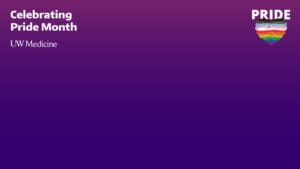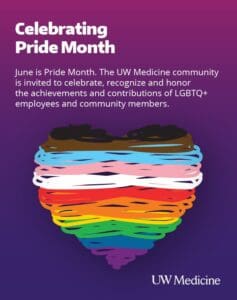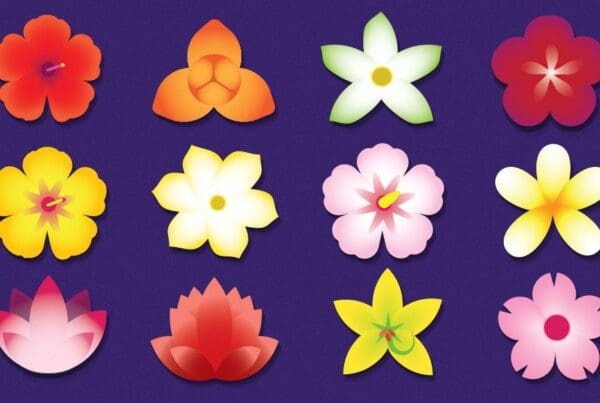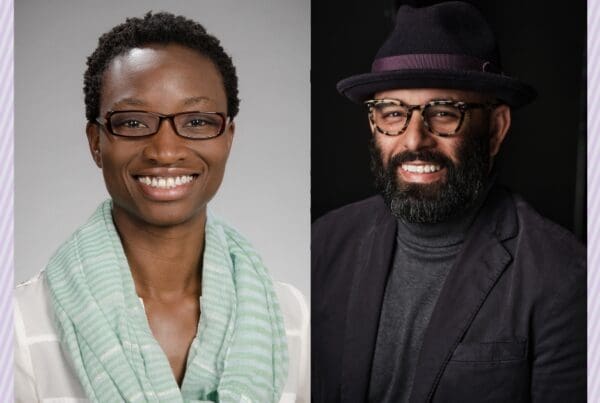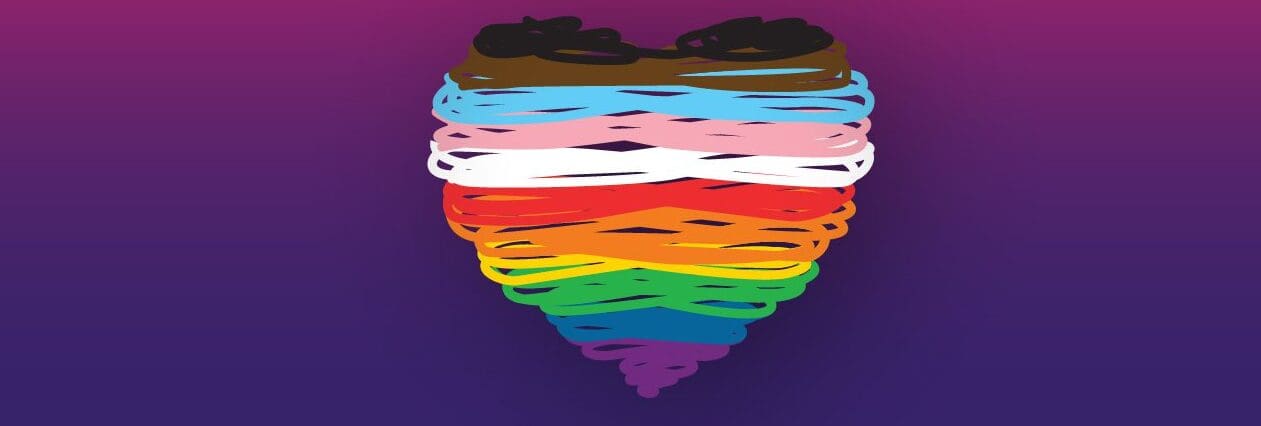
Celebrates the history, diversity and contributions of LGBTQ+ people in the United States.
Origin and history of Pride Month
The first Pride marches happened in June of 1970, a year after the Stonewall Uprising of 1969 where gay people, drag queens and others in the LGBTQ+ community rebelled against a police raid of a gay bar. Raids like this were common, and it was not safe for many LGBTQ+ people to be open about their identities in public. This uprising became a defining moment in LGBTQ+ liberation, though people in the community had been fighting for equality long before. In 2016, the site of the Stonewall Uprising was turned into a national monument.
It’s important to recognize that the LGBTQ+ community is incredibly diverse, including people of all races, abilities, religions and countries of origin. Black and other people of color have always been at the center of this fight. Black self-identified drag queen Marsha P. Johnson and transgender Latina woman Sylvia Rivera are often recognized as playing an important role in the Stonewall Uprising and other activist movements. All LGBTQ+ identities are valid and should be respected and celebrated.
The importance of supporting gender-diverse people
Even though progress has been made since the 1970s, many LGBTQ+ people still face discrimination and violence, especially transgender and gender non-binary people and people of color who identify this way. There are currently more than 470 anti-LGBTQ+ bills that have been proposed, passed or are being considered throughout the country, many of them targeting transgender people and gender-affirming care specifically. Many of these bills are based on harmful myths about trans people and gender-affirming care and significantly impact the ability of these individuals to live safe, dignified lives. It is more important than ever to support transgender and gender non-binary people and recognize their right not just to survive but to thrive.
Digital assets and posters
Email signature
Celebrate Pride Month and support your colleagues by adding an icon to your UW Medicine email signature.

Visit the UW Medicine brand site to download the signature. If you need instructions on adding an email signature, visit one of the following Microsoft Office support pages.
Zoom background
Resources
Honoring LGBTQ+ people should happen year-round — and we’ve compiled a list of resources to help you do just that.
Visit
- Browse books about and by the LGBTQ+ community at the UW Q Center’s library
Read and learn
- Learn about UW Medicine programs including the LGBTQ+ pathway for medical students and the Transgender and Gender Non-Binary Health Program plus transgender resources for UW employees
- View the Department of Medicine’s Out List
- Get advice for building resilience as a queer person
- For allies: Learn what and what not to say when someone comes out to you
- Get tips for how to support transgender and gender non-binary youth
- Get information about Washington state’s LGBTQ Commission
- Read a timeline of milestones in the LGBTQ+ liberation movement
- Educate yourself about the diversity within the LGBTQ+ community with guides from the Human Rights Campaign
